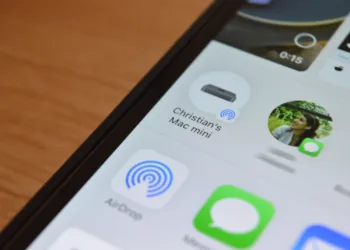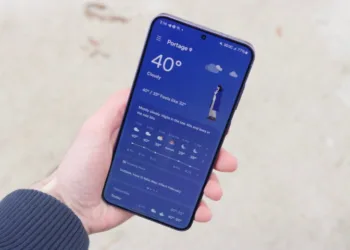The Federal Communications Commission (FCC) in the United States is weighing a new regulation that would require mobile carriers to unlock phones within 60 days following purchase. Major carriers, particularly AT&T and T-Mobile, have expressed caution about this proposal, warning that it could adversely affect customers. In a recent submission to the FCC, T-Mobile stated, “Should the Commission impose a standard unlocking policy, it is the consumers—rather than the providers—who would be at a greater disadvantage.”
T-Mobile elaborated further, asserting, “Consumers might miss out on the advantages of free or substantially subsidized devices, as this initiative would compel providers to offer fewer attractive handset options.” AT&T echoed this sentiment, noting that “mandating the unlocking of handsets before they have been fully paid off may ultimately hurt consumers by pushing up device prices and discouraging financing on flexible terms.”
T-Mobile also cautioned that any FCC regulations should preserve existing contracts between customers and providers, allow at least 180 days for carriers to identify fraud before unlocking a device, and provide a minimum of 24 months for carriers to adapt to any new rules.
In essence, the carriers argue that keeping phones locked benefits customers and helps maintain lower prices. Conversely, consumer advocates supporting the new regulation contend that it would promote greater choice and lower costs. Unlocked phones enable consumers to switch carriers with ease whenever they wish.

This proposal was introduced earlier this year, and the FCC is currently soliciting public feedback before making a decision. The suggested rule mandates that “all mobile wireless service providers must unlock devices 60 days after a consumer activates their phone, unless the provider determines during this period that the device was acquired through fraudulent means.”
The FCC criticized T-Mobile’s practice of locking prepaid phones for a full year when the proposal was announced. As the third-largest mobile provider in the U.S. after Verizon and AT&T, T-Mobile unlocks postpaid phones that have been active for at least 40 days but maintains a 365-day lock on prepaid devices, which has sparked frustration among customers, especially following a price hike earlier this year.
AT&T’s policies currently allow for phones to be unlocked after 60 days for postpaid users, while prepaid devices can take up to six months. Verizon generally complies with the FCC’s proposed regulations, unlocking phones automatically after 60 days for both prepaid and postpaid customers.

Carriers lock phones for various reasons, which include minimizing customer turnover, recouping costs associated with device subsidies often used to attract new customers, and preventing fraud. Unfortunately, when a phone is locked, users face significant challenges in switching carriers, which can lead to higher overall expenses as they juggle phone payments alongside service bills. The unlocking process can be cumbersome, often requiring users to call their carrier or pay a fee.
Consumer advocacy groups supporting these proposed rules include Public Knowledge, the Open Technology Institute at New America, Consumer Reports, the National Consumers League, the National Consumer Law Center, and the National Digital Inclusion Alliance.
While the FCC has not set a timeline for implementing this rule, the upcoming change in presidential administration in January could result in alterations to the board’s composition, potentially increasing the likelihood of a vote on the proposal before the year ends.










